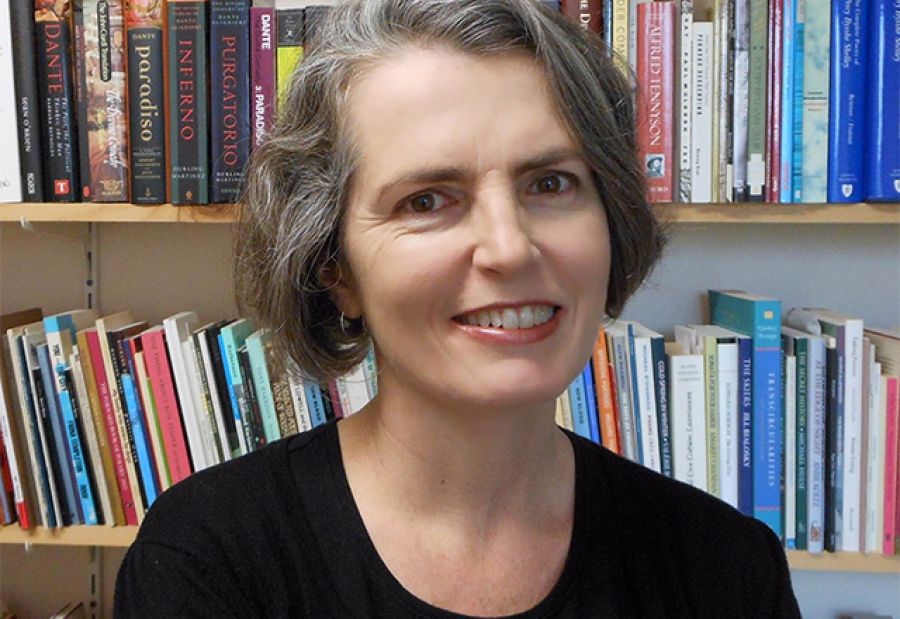
- Free Article: No
- Contents Category: Poet of the Month
- Custom Article Title: Tracy Ryan is Poet of the Month
- Review Article: No
- Online Only: No
- Custom Highlight Text:
Lesbia Harford would have been interesting to meet, because of her unconventionality and political views, in addition to the poetry. Earlier, Percy Shelley, for similar reasons.
What is the difference between poetry and prose?
The difference can be hard to establish – there’s a lot of crossover. It’s more about tendency: if writing leans more on sound, patterning, derivation, and ambiguity of words, it may more likely be poetry. If it inclines toward more transparency or straight delivery of information, it may be prose. But you can find examples to the contrary in each case. Maybe the sense of repetition tends to be stronger in poetry. It’s not a division I worry about at all. ‘Prosaic’ is rarely a compliment; but ‘poetic’ can be used as a put-down. You could turn a piece of prose into poetry merely by the way you read it, in some instances.
What circumstances are ideal for writing poetry?
This depends on the poet. For me: absolute peace and quiet, a workspace to myself, and ready access to books. Complete absence of bureaucratic tasks!
Which poet would you most like to talk to – and why?
Lesbia Harford would have been interesting to meet, because of her unconventionality and political views, in addition to the poetry. Earlier, Percy Shelley, for similar reasons.
What do poets need most: solitude or a coterie?
Solitude. But I have lived with another poet for the past twenty years, so we constitute our own mini-coterie, I suppose. I do have email contact with a few other writers, by chance mostly fiction writers. For some poets, being part of a group or even movement may be productive and supportive – each to his or her own.
What have you learned from reviews of your work?
Mostly, I’ve been lucky enough to find myself more or less understood (but who is to say what a poet ‘means’? Maybe not the poet!). Some reviewers approach a book in its own terms, others with an agenda regarding what a book or poem should be – which topics or approaches they consider off-limits or acceptable. That always surprises me, because writers must have the freedom to be unacceptable, to go where their work leads them. I haven’t had many unfair reviews (where the issues are ad feminam and/or undeclared), but I have seen it done to others. All you can do on the receiving end of that is push on past it. I’m interested to see what a reviewer says, but I am too stubborn for it really to affect my subsequent approaches to work.
If Plato allowed you to keep one poem in his Republic, what would it be?
I wouldn’t want to live in such a republic; I couldn’t choose only one. I would have to be exiled.
Do you have a favourite line of poetry or couplet?
‘I find myself still softly searching / For my Delinquent Palaces’ (Emily Dickinson).
Is poetry generally appreciated by the reading public?
Yes – different kinds of poetry at different times, and by some people more than others. Not everyone wants to read it in a book; some prefer it spoken or sung. The ‘reading public’ covers a spectrum, from those who for whatever reason rarely look at poetry, to those who obsess over it.
Tracy Ryan was born and grew up in Western Australia, but has lived for long periods overseas. She has published seven volumes of poetry, most recently Unearthed (Fremantle Press, 2012), as well as four novels, the latest of which is Claustrophobia (Transit Lounge, 2014). She won the 2009 Peter Porter Poetry Prize.


Comments powered by CComment